
The World Games 2022 Announces Sustainability Initiatives
BIRMINGHAM, Alabama (April 22, 2021) – The World Games 2022 (TWG2022), an international multi-sport event that will take place in Birmingham from July 7-17, 2022 […]





Dubai International Baja walks into record books
Unique partnership with DEWA will see second round of World Cup run on solar power. The Dubai International Baja will enter the record books […]



E1 and SeaBird Technologies partner with Victory Marine to build electric RaceBird powerboat
E1 and SeaBird Technologies have announced they are joining forces with the expert marine engineers at Victory Marine to develop, manufacture and assemble the […]

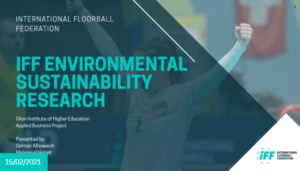
IFF fan survey results align with new IFF strategy
A fan survey was launched to investigate the perceptions of the floorball community on environmental topics. The survey was done in cooperation with the […]

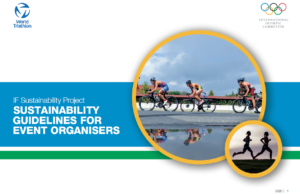
World Triathlon, part of UNEP and IOC Clean Seas since 2018 and signatory of the UN Sports for Climate Action framework, has now taken a step further by creating guidelines aimed at its Local Organising Committees (LOCs). The goal is to provide guidance on best sustainable practices to be taken into consideration during the planning, and staging, of an event.
World Triathlon encourages organisers of all sizes to start with an assessment of their carbon footprint to establish a baseline and identify areas that might need to be prioritised. Regardless of their level of experience, organisers can then access a step by step guide to develop their own sustainability plans through a comprehensive approach across fifteen categories.
The proposed strategic areas cover a broad range of topics such as governance, staffing, mobility, waste and water management and biodiversity, among others. Each of them has then been linked to specific action points that event organisers can set in motion includingeighteen must have items, thirty-three recommended actions and seven aspirational elements.
The new guidelines also serve as a framework to their newly launched World Triathlon Sustainability certification system for 2021. Through the development of a sustainability plan and later execution, LOCs can achieve three levels of recognition which they will have to validate on a yearly basis.
Click here to download the case study







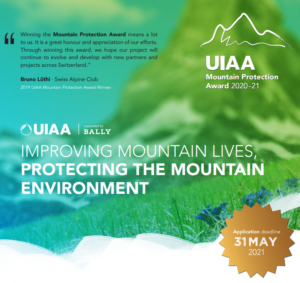
Timeline confirmed for 2020-2021 UIAA Mountain Protection Award
The UIAA Mountain Protection Commission (MPC) is pleased to confirm that it has updated several important assets related to the annual UIAA Mountain Protection […]



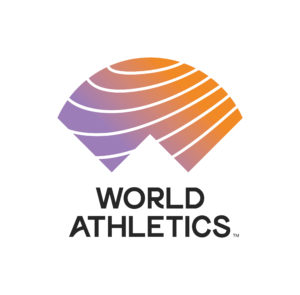
World Athletics and Sport and Sustainability International team up to advance the sustainability movement in sport
In a global research study in 2020* people from 18 countries were asked how the pandemic would change their future behaviours. The research found […]



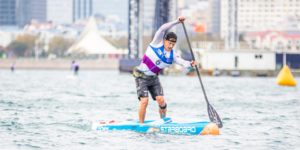
ICF and Starboard announce partnership to help protect the environment
The International Canoe Federation and world renowned paddle craft manufacturer, Starboard, have announced an exciting new partnership which will provide benefits both on and […]



Launch of The Shift, a new sustainability-focused agency to redefine business as usual in a post-pandemic world
Lausanne, 27.01.2021 – Four award-winning experts and positive disruptors in sustainability, innovation and sport join forces to launch The SHIFT – a new international […]







Making the case for inclusive quality physical education policy development: a policy brief
Sustainable development starts with active, healthy and physically engaged citizens. The importance of good health and the inadequacies of existing health infrastructures have been brought into sharp focus during the COVID pandemic. Addressing health gaps will be critical to recovery efforts. Schools are a natural entry-point to trigger transformative behavioural shifts related to healthy lifestyles.
As such, investment in an innovative and integrated delivery of education, exercise and good nutrition should be considered as a key component of recovery efforts.
It is well known that individual engagement in targeted, values-based interventions in sport, physical education and physical activity increases physical and mental health. Engagement in active, values-infused learning environments, like quality physical education classes, also boosts intellectual, individual and emotional capital.
This translates to an acceleration of socio-emotional skills acquisition that grow the confidence of students and, in turn, build the psycho-social resilience necessary to respond creatively and effectively to future crises whether related to health, employment or inclusion.



